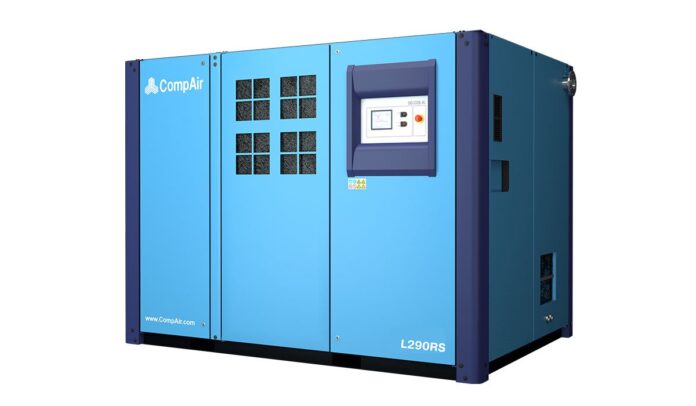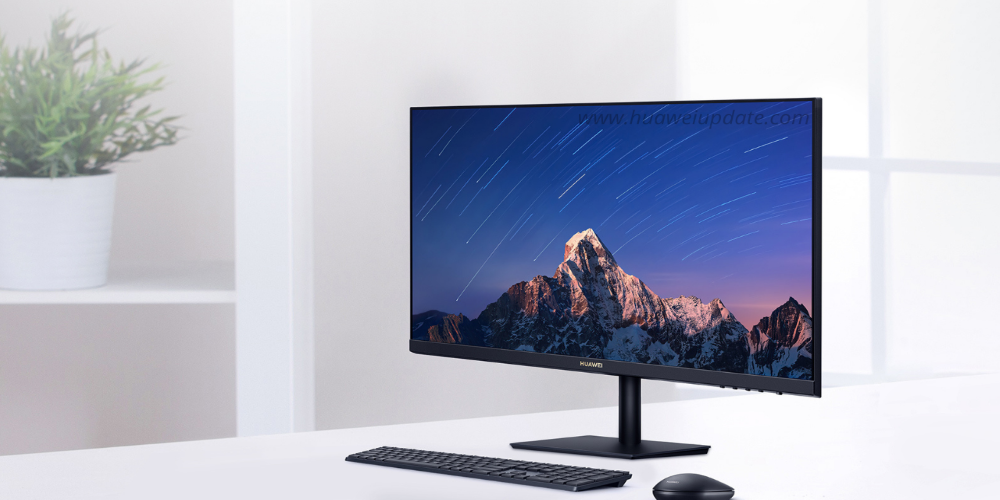When it comes to selecting a variable speed drive air compressor, there are many factors to consider, like the kind of compressor, efficiency, and drive style, among others. However, one key consideration that must not be ignored is the size of the compressor. Choosing the right size for your compressor is vital to its effectiveness and longevity.
In this article, we’ll explain why choosing the proper size is crucial and how to select the right size for your air compressor.
Efficiency
The first and one of the most important aspects of selecting the right size for your air compressor is efficiency. If your compressor is too small for your application, it will overwork, causing wear and tear on the compressor and decreasing its lifespan. On the other hand, a compressor that is too large will operate inefficiently, consuming more energy and leading to higher electricity bills. Therefore, it’s critical to choose a compressor that is appropriately sized for your application for maximum efficiency.
Application
The type of application you require the air compressor for is an important consideration when selecting the right size. If you need high-pressure air for your factory or workshop, you’ll need a compressor that will offer that. Compressors come in different sizes; some generate very high pressure, while others produce low pressure. Understanding the type of application would provide a baseline for selecting an appropriate air compressor size for the application.
Air demand
Another critical aspect to consider is your air demand. A correct-sized compressor must match your compressed air demands. If you periodically use compressed air, you may require a smaller compressor than someone who uses compressed air constantly for their industrial process. A compressed air system that can meet your demand saves time and avoids costly downtime.
Maintenance
Selecting the right size compressor for your application reduces maintenance and repair costs. An air compressor that is too small for an application works overtime and eventually leads to wear and breakdown. On the other hand, a compressor that is too large will cycle unnecessarily, increasing its chances of mechanical malfunction. Choosing the right-sized compressor delivers efficiency, durability, and high performance and reduces the need for repair and maintenance.
Cost
Many people assume that selecting a smaller compressor will save on cost. This assumption holds even less since the smaller the air compressor, the harder it works. And the harder a compressor works, the faster it wears out; hence, it will require more frequent maintenance and replacement. By selecting a compressor that is appropriately sized, you’ll not only save cost on electricity bills but also on maintenance and replacement costs.
Conclusion
In conclusion, selecting the right size air compressor is essential to its effectiveness and longevity. To choose the perfect size for you, you must consider a range of factors, including efficiency, application, air demand, maintenance, and cost. By taking these factors into account, you will have a compressor that performs optimally, is energy-efficient, and reduces the need for frequent maintenance, repair, and replacement. Therefore, before purchasing an air compressor, ensure you consult with an air compressor professional who can help you find the perfect compressor size for your application.



















